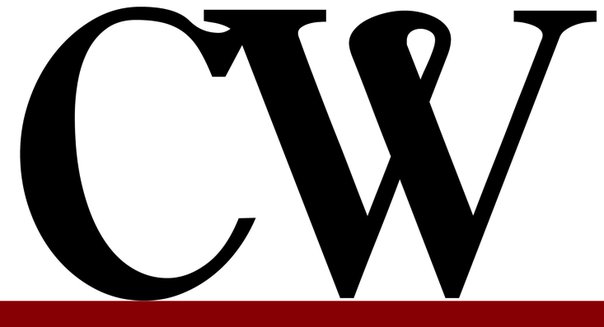My junior and senior years of high school I spent more time flipping through the pages of my “Princeton Review Best 376 Colleges” book than I did flipping through my textbooks. My fingers traced down lists like, “most school spirit,” “best professor to student ratio” and “dorms like castles.”
I used this encyclopedia of American Universities to compile a list. I knew what I wanted in a college education and experience, and I knew what I was not interested in, as well. By looking at the strengths and weaknesses of each university, I was able to eliminate those that were not suited to my needs.
One of the schools at the top of my list was the pinnacle of public institutions, the University of Virginia. It was a school that valued tradition, a strong liberal-arts education and an impressive resume of professors and staff, the most important criteria in my list.
Yet, just a few weeks ago, University of Virginia’s president, Teresa A. Sullivan, was asked to resign because of growing concerns about UVA’s inability to adapt to the changing needs of college-bound students.
The board cited rising tuition costs, the lack of technology in the form of online classes and the need for more business and technological programs than its current liberal-arts offerings, to validate their pressure on President Sullivan. Yet that justification made little sense.
Tuition raises, while upsetting and alarming, are hardly avoidable, and at the least, are out of the control of the universities. State budgets are in a period of slashing and cutting, and often, the funds that support state-universities are beheaded. But it was the board’s other grounds for dismissal that were perhaps the most alarming.
Why would the University of Virginia, a school that only three years ago prided itself in a liberal arts education and the value of tradition, force the resignation of a president who apparently was pursuing those things?
The decision arose from pressures that are not unique to the University of Virginia. Colleges and universities are seeing a greater interest in business and technological courses and higher demand for online offerings. Students are pursuing degrees in fields that lead to a pre-determined job, rather than the liberal arts educations many top universities once boasted.
But instead of letting the student adapt to the school, schools are attempting to adapt to the student. This is fatal to the original goals of the institution.
Universities like Virginia were formed on the core of education and the pursuit of knowledge. Now, in adapting to the student, universities have become rooted in the pursuit of monetary gains, and universities have found themselves precariously straddling the line between an academic institution and a profitable business.
The University of Alabama is amid a search for a new president. Like UVA, Alabama was formed on the values of education and tradition. But, also like UVA, Alabama has found itself tempted with prospects of higher admission numbers, online classes and an increased focus of career-minded degrees.
Most states, like Virginia and Alabama, have schools that do offer the technology and skill-based educations that liberal arts colleges do not — Virginia Tech and Auburn, respectively. And these schools, like the rest, are available for application just as the liberal-arts colleges of that state — UVA and UA, respectively. But it is the student’s job to pick the college that best suites them, based on what that university has to offer. It is not the university’s job to morph into the college they think will attract the most students and make the most profit.
As the Board of Trustees, student representatives and state officials search for a new face to represent and lead UA, we must ask they keep in mind the original goals of our University. Academic excellence should be the top priority at Alabama — not football, not top-of-the line facilities, not enrollment numbers, not monetary profit. We are an educational institution, and our leaders should pursue the best for our education. It is, after all, the reason we come to college, isn’t it?
Sullivan was reinstated only 16 days after she was asked to resign. It is a sign that business tactics, number games and titles of prestige do not belong in academia. The University of Virginia example is one that we as a university in search of a new leader can keep in mind. It is a lesson of education versus business, one in which true education wins.
SoRelle Wyckoff is the opinions editor of The Crimson White.






